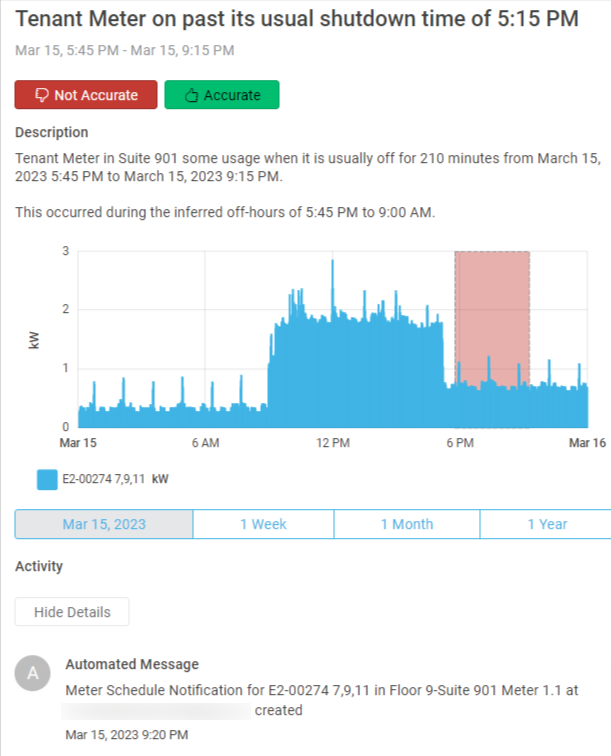58% of industrial tenants already report on their own carbon footprint.
89% of tenants are more conscious of sustainability than pre-pandemic
11.3% increase in utility expenses for triple net tenants in last 12 months
Tenant expectations have changed. Leading landlords are providing more than four walls and a roof. They are providing data and services that help tenants meet their goals.
Pitfalls to Avoid
Tenant engagement has not often been in the vocabulary of triple net industrial owners.
Many are proud that their business doesn’t involve the operational complexities of other property types.
But times change. Many tenants are under the same reporting and decarbonization pressures that landlords themselves are under.
And even though they own the utility data, bills themselves are difficult to centralize and report on. Given this, and the inherent connection between real estate and carbon footprint, tenants are expecting support from landlords.
In many cases, the engagement has been ad hoc, such as property managers calling on tenants or sending out a survey.
Either way, results are bound to be spotty. Worse, this approach is asking something from tenants without providing any value up front.
A Better Solution
Shadow metering has benefits beyond simply carbon reporting and disclosure.
That’s because the data is available in real time. For tenants that are used to tracking their utility consumption through monthly utility bills, this is a significant improvement.
In fact, the landlords can offer an automated sync to Energy Star for Tenants on the tenant’s behalf to streamline their disclosure process.
As valuable as providing reporting support is, the application of AI has expanded on the value by an order of magnitude.
Today, leading operators are not only providing their tenants with online portals through which they can view their consumption, they are providing real-time alerts around opportunities for improvement.
For example, AI can automatically infer the operational schedule of a tenant.
Should that schedule be violated in a way that suggests that equipment has been left on, the tenant’s facility manager will receive an automated alert.
Benefits

The most important thing to remember is that tenants are feeling the same pressure to report on their carbon footprint and decarbonize their operations over time.
In the fierce competition for leasing, being able to promote that the property provides value add services like around Energy Star reporting and real-time alerts can be a driving factor.
Likewise, energy expenses are rising faster than core inflation. Marketing that the property is designed to reduce wasted expenses will also drive more leasing activity.





